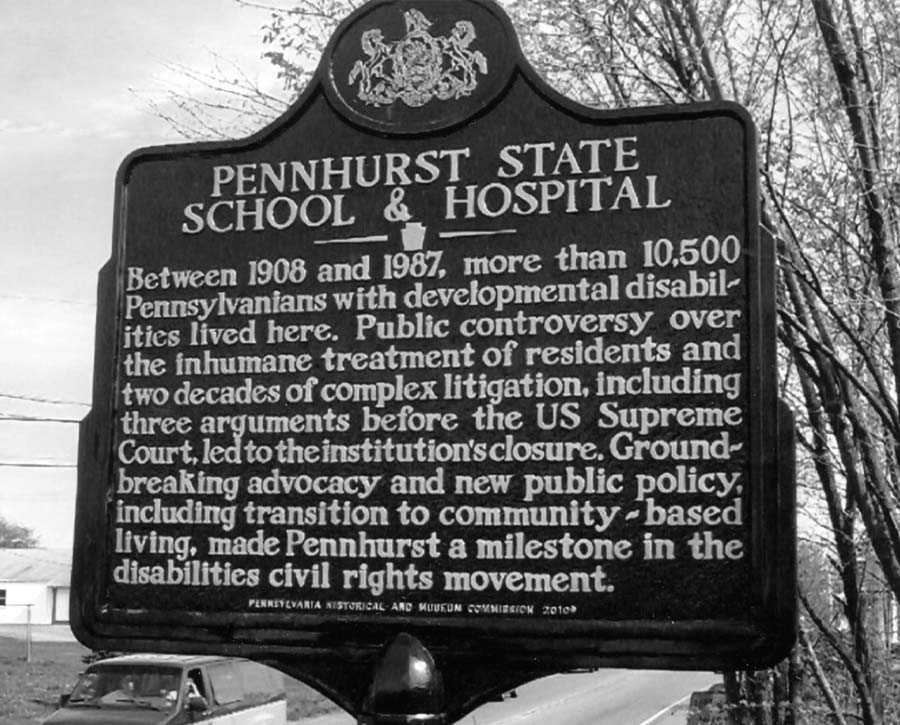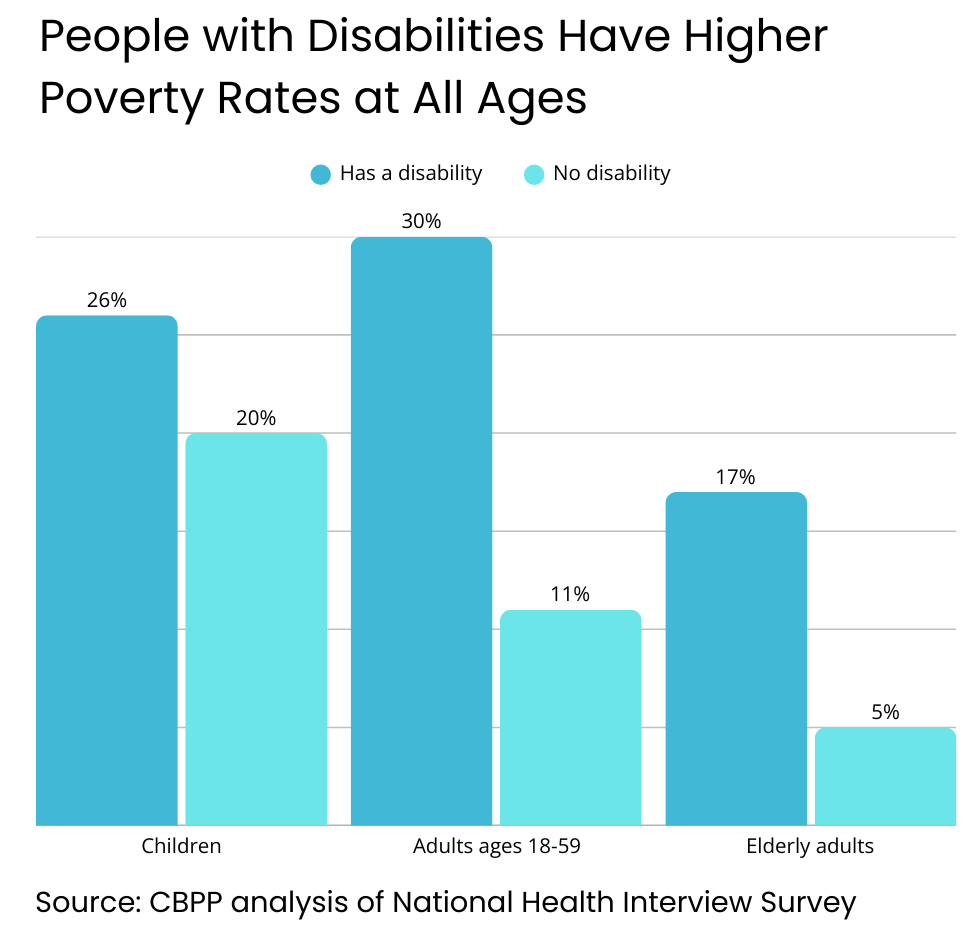The Right to Live Independently
Everyone deserves dignity, freedom, and choice in where they live.
Imagine if every time you wanted to go to work, buy groceries, or visit family, you had to fight just to get through the door because the world wasn’t built for you. For millions of people with disabilities, that’s an everyday struggle.
We believe independence isn’t a privilege—it’s a right. That’s why we work to remove barriers, push for change, and provide tools and support so people can live life on their own terms.
Independence isn’t a privilege—it’s a right.
Disability Can Affect Anyone
Disability doesn’t choose who it affects. It can be present from birth, happen over time, or appear suddenly due to illness, injury, aging, or even in serving our country.
That’s why accessibility and inclusion matter, not just for people with disabilities today, but for everyone. When we build a world where people with disabilities can live independently, we make life better for all of us.
A History We Do Not Want to Repeat
For a long time, people with disabilities were sent to large institutions instead of being allowed to live in their communities. These places were often overcrowded, unsafe, and far from family and friends. People were forced to live there, sometimes for their whole lives, just because society didn’t offer the support they needed to live on their own.
This way of thinking was and is still wrong, and we have worked hard to change it. Many of these institutions have closed, and now people with disabilities have more choices about where and how they live. But we must keep fighting to make sure we never go back to those times.
We know that when people with disabilities have the right support, they can live in their own homes, be part of their communities, and make their own choices. Our work is about fixing outdated systems and making sure everyone has the freedom to live where and how they want.

Disability Is Not a Disease
Disability isn’t something to be cured or pitied. It’s a natural part of life that shapes who people are. People with disabilities aren’t “suffering” because of their disability, the real problem is the barriers that society creates by not being inclusive.
Instead of seeing disability inaccurately as a condition or disadvantage, we should focus on removing obstacles. When we create accessible spaces, better policies, and inclusive communities, people with disabilities can live full and independent lives.
Disability and Poverty
People with disabilities are more likely to live in poverty not because of their disability, but because of unfair systems that make economic security harder to achieve.
Workplace Barriers
Many workplaces are not designed to be accessible, and not all employers understand what reasonable accommodations mean. This makes it harder for people with disabilities to get and keep jobs.
Benefit Limitations
Government programs often have income limits that force people to choose between financial security and necessary benefits.
Housing Issues
A lack of affordable, accessible housing means many people with disabilities end up in unstable or institutional settings.
Transportation Gaps
Limited transportation options make it difficult to work, go to school, or get necessary services.
Equipment Costs
Adaptive equipment, assistive technology, and home modifications are often expensive and not always covered by insurance or assistance programs, making independence harder to achieve.
Poverty doesn’t have to be the reality for people with disabilities. When we create fair policies and accessible spaces, everyone has a better chance at a stable and fulfilling life.

What Does Independence Really Mean?
For some, it means moving out of a nursing home into their own apartment. For others, it’s having the right technology to talk with their doctor or employer. It might mean accessible transportation, fair housing, or simply being able to make choices about their own life. It also means being able to have a family or visit a loved one, go shopping, or enjoy a movie, concert, or sporting event without worrying about accessibility or discrimination.
When society removes barriers, people with disabilities can thrive.
When society removes barriers, people with disabilities can work, contribute to their communities, and live full, self-directed lives, just like everyone else.
Barriers Are Everywhere—But They Shouldn’t Be
These challenges don’t just affect individuals with disabilities, they impact families, communities, and our entire society.
The Need in Our Community
In the four counties we serve—Delaware, Montgomery, Chester, and Philadelphia—nearly 500,000 people have a disability. That’s more than a quarter of all people with disabilities in Pennsylvania.
Despite these numbers, accessibility is often overlooked in public spaces, workplaces, and housing. Many people with disabilities in our region still struggle to find the resources they need to live independently.
How We Make a Difference
We work every day to create real change through:
A More Accessible World Benefits Everyone
When we remove barriers, we don’t just help people with disabilities, we make life better for all of us. Think about curb cuts: they were designed for wheelchair users, but now they help parents with strollers, travelers with luggage, and delivery workers. A world that is inclusive, accessible, and fair benefits everyone.
Join Us & Take Action
Maybe you know someone who has struggled to get the support they need. Maybe you’ve seen how hard it can be when systems don’t work for people. Or maybe you just believe that everyone deserves the chance to live life on their own terms.
No matter your background, you can help make a difference. Join us in building a more inclusive, accessible world where everyone has the opportunity to live independently.
